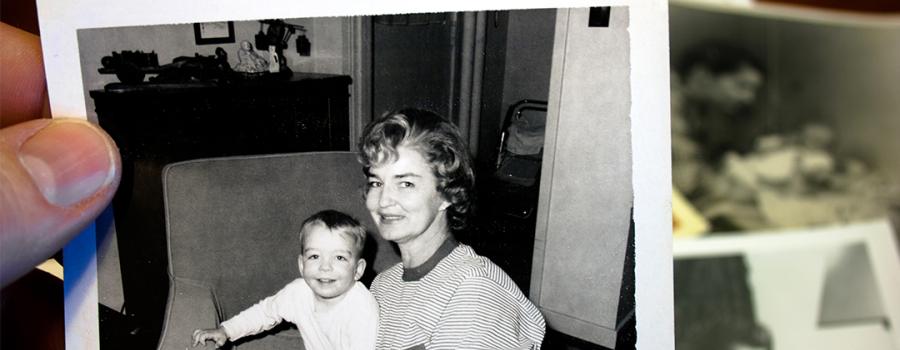Dear Dr. Michelle:
My grandmother died two months ago from COVID. She was 78 years old and diabetic. Whenever people learn that she died from COVID, they ask me if she had other medical problems. The fact is, had she not caught COVID, she would still be alive today. I was very close to my grandmother and am having a very difficult time coming to terms with her death. I feel so much anger when people ask me if she had other health problems, I just want to scream at them. It feels like they are not taking her death seriously, like it was her fault that she died of COVID because she had diabetes. How can I respond to people so that they understand, because not only am I getting angry, I am finding myself becoming more and more isolated?
Eli
Dear Eli:
I am very sorry for your loss. Too many people are going through the pain and sorrow of the early loss of a loved one due to COVID. It’s not fair; your loss is very real and should not be minimized.
When it comes to responding to the death of loved ones, people do not often know the right thing to say and all of the misunderstandings about COVID compounds this problem. As a result, people can say things that are insensitive without understanding the effect their words have on the bereaved.
Here Are Some Ideas on How to Handle the Remarks of Others
- Limit the number of individuals you tell about your grandmother’s death to those who really care about you so that you can limit your exposure to others’ misunderstandings.
- If people ask you about your grandmother and you don’t want to tell them anything, simply tell them that you don’t want to talk about it. You should feel no obligation to answer people’s questions or to satisfy their curiosity.
- If you do tell people about your grandmother, limit the information you share. Nobody really has the right or need to know about the details of her medical issues. If you don’t want to lie, you could respond more broadly without details. Some examples of broad responses could include:
- “She had normal problems that affect the elderly population”
- “The doctors just confirmed that she died of COVID”
- “Prior to COVID, she was home, not hospitalized and did not have any life-threatening issues.”
- If the people asking you about your grandmother’s medical issues are friends or colleagues who care about you, you could be honest and direct with them about how you are experiencing their questions/statements. They may be more likely to have an honest exchange. Explain to them that even though your grandmother had diabetes, the fact is that it was COVID that interfered with her health and that ultimately caused her death. If it were not for COVID she would have lived longer than she did. Having this direct conversation might help your friends understand the perception of their insensitivity and it could also help them avoid offending others in the same way.
- If you have no investment in the relationship with the person asking, and you feel the need to be direct, simply ask the person why it matters if your grandmother had medical problems. Explain to them that her death is affecting you the same regardless, and if it were not for COVID you would have had more time with her. Sometimes people need a direct response in order to evaluate how they affect others.
Going through the Grieving Process
As you go through the grieving process, you might find it helpful to know that your feelings of anger and isolation are normal. You would likely experience anger even if other people were not minimizing the reasons for your grandmother’s death.
The most popular concepts about the stages of grief are those developed by a psychiatrist named Elizabeth Kübler-Ross, who believed that grief takes on 5 commonly experienced stages, to include denial, anger, bargaining, depression, and acceptance. Even if you are not in a “stage of grief,” feeling angry is to be expected.
Anger is usually a surface emotion, meaning that underneath anger lies a more difficult feeling to face, like sadness or fear. Your anger could be helping protect you from dealing with deep sadness. Anger is often easier to feel because it is generally directed towards others and can distract you from dealing with your own deep feelings of sorrow. The trick in managing anger is to actually deal with the underlying pain and sadness. Once you deal with those feelings, your anger can start to subside.
It is important for you to understand your anger because given what you are going through, you could have less tolerance for other people’s words and actions than you might have otherwise. Understanding your anger could help you increase your tolerance so that you don’t have to retreat or isolate in order to avoid the conversations related to your grandmother.
Click here to learn more about the five stages of grief.
Dear Dr. Michelle blog posts are informational in nature. The posts are not meant to take the place of consulting your physician, mental health professional, or other qualified health providers regarding your well-being or the well-being of others.

